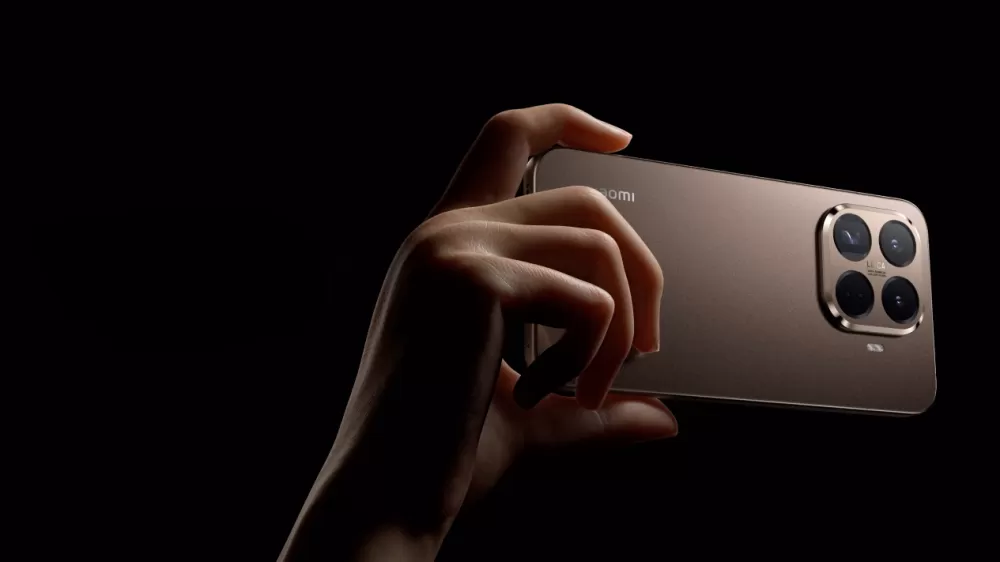iOS 26: Diving Into the Liquid Glass Future—Is Your Phone Ready?
- Nishadil
- October 25, 2025
- 0 Comments
- 4 minutes read
- 49 Views
- Save
- Follow Topic

iOS 26: Is Apple's 'Liquid Glass' Update a Revolution or Just a Gimmick?
Apple's hypothetical iOS 26, dubbed 'Liquid Glass,' promises a truly revolutionary mobile experience, blending stunning visuals with intuitive, almost psychic interaction. But before you dive in, let's consider if your current device—and indeed, your patience for new tech—is ready for such a dramatic shift.
Alright, so the buzz around iOS 26, affectionately dubbed the 'Liquid Glass' update, has been nothing short of electrifying. And honestly, it’s not hard to see why. Apple, it seems, has decided to pull out all the stops, aiming for an operating system that doesn't just respond to your touch, but almost anticipates it, melting and reforming with a fluidity we've, well, only really dreamed of. You could say it feels less like software and more like an extension of your very senses. But before we all rush headlong into this shimmering new world, perhaps a moment's pause is in order, wouldn't you agree?
First, let’s talk about the sheer artistry here. The 'Liquid Glass UI' itself is a visual feast, a dynamic interface that truly does feel alive. Icons and menus flow into one another, adapting seamlessly to context, almost as if the display itself is a malleable canvas. Then there are the 'Adaptive Haptics'—and this, for me, is where things get really interesting. Imagine actually feeling the texture of a digital button or the resistance of a virtual slider. It adds a whole new dimension, making interactions feel incredibly rich, almost tangible, you know? It's not just a vibration; it's a carefully orchestrated symphony of tactile feedback that makes the digital feel… real.
And then, the truly mind-bending part: 'Neural Tap.' This feature, if it lives up to the hype, promises an intuitive, hands-free control system that learns your patterns and anticipates your gestures. Think Minority Report, but for your pocket. It's less about pressing and more about intending, a subtle shift that could revolutionize how we interact with our devices, reducing the need for constant, deliberate action. Oh, and for the eco-conscious among us (which, let's be honest, should be all of us), 'Eco-Charge' is a genuinely welcome addition, designed to optimize charging cycles and extend battery health. A little bit of sustainability, mixed in with all that futuristic tech, feels just right.
But, and this is where we have to get real for a moment, every gleaming new frontier brings its own set of challenges, doesn't it? The sheer graphical and processing demands of 'Liquid Glass' and 'Adaptive Haptics' are, well, significant. If you’re clinging to an older iPhone—say, anything pre-14, perhaps even 15—you might find your beloved device gasping for air. The battery drain could become, shall we say, a noticeable feature of your day. Performance lags and overheating? Definitely a possibility for those not sporting the latest silicon. And who wants their cutting-edge phone to feel like a sluggish antique after an update?
Then there's the inevitable learning curve. Muscle memory is a stubborn thing, and fundamentally changing how we navigate our phones isn't something everyone will embrace instantly. New gestures, new visual cues, a whole new way of thinking about interaction—it’s exciting, yes, but also potentially disorienting. You might feel a little lost for a bit, even frustrated. And honestly, with something as groundbreaking as Neural Tap, one can't help but wonder about the data implications. Where does the 'tap' end and the 'thought' begin? Privacy, as ever, remains a paramount concern when our devices become this intimately connected to our intentions.
Ultimately, the decision to upgrade to iOS 26 is a personal one, deeply rooted in your current device, your patience for new things, and your comfort with a bit of the unknown. Is it a dazzling leap forward? Absolutely. Will it be flawless from day one? Probably not; these things rarely are. For the tech enthusiasts, the early adopters, the ones with the latest hardware and a thirst for innovation, it's a no-brainer. But for the rest of us, perhaps a moment of observation, a little patience, might just be the wisest course of action. Because while 'Liquid Glass' sounds like magic, even magic has its quirks, doesn't it?
Disclaimer: This article was generated in part using artificial intelligence and may contain errors or omissions. The content is provided for informational purposes only and does not constitute professional advice. We makes no representations or warranties regarding its accuracy, completeness, or reliability. Readers are advised to verify the information independently before relying on
















